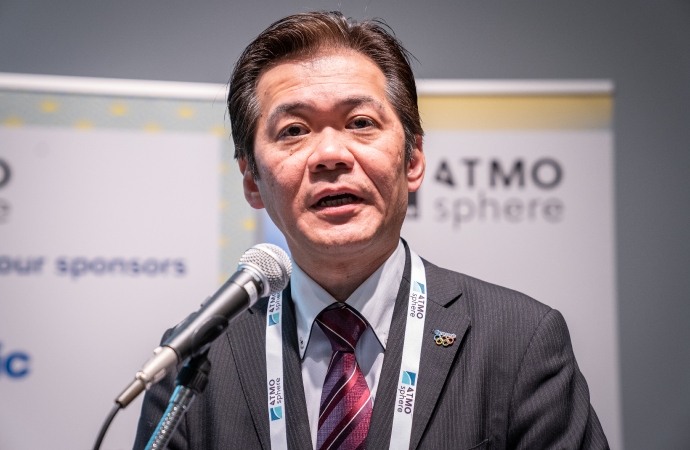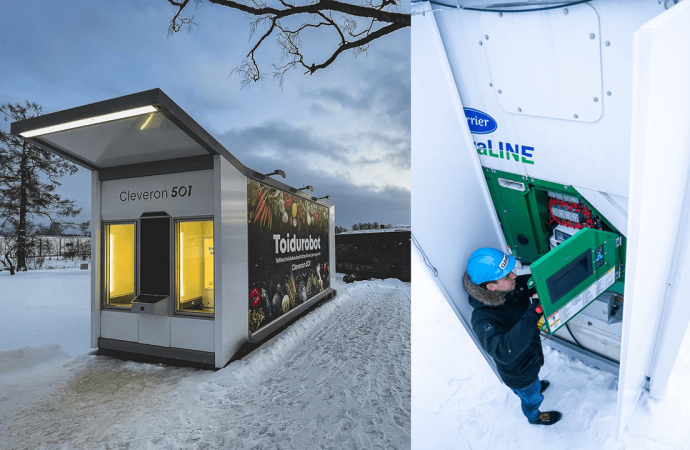The Université des Mascareignes, a public university in Mauritius, has started to provide CO2 training for contractors and students on its premises.
_1475507313.png)
The installation has been financed by the Multilateral Fund for the Implementation of the Montreal Protocol through the Mauritian Ministry of Environment and implemented by GIZ Proklima, a German implementing agency helping Mauritius to phase out HCFCs, to encourage stakeholders to adopt climate friendly refrigeration solutions in anticipation of a global HFC phase-down.
“Mauritius is a small island developing state but we want to show our commitment and bring our contribution towards a greener world. With the forthcoming restrictions on HFCs, there will be opportunities for natural refrigerants, whether they be in commercial or industrial refrigeration or in the air conditioning sector,” Darmanaden Sooben, the academic in the Faculty of Sustainable Development and Engineering (Université des Mascareignes) who is heading the programme, told R744.com.
Training: The first step to CO2
“However, stakeholders need to be convinced about the cost effectiveness of alternatives to HFC solutions and these need to be energy efficient in our tropical climate. It is also crucial that we have a critical mass of properly trained technicians and engineers to handle this kind of installation in order to encourage investors to go for CO2,” Sooben explains.
The first training was done by the installers of the system – Austria’s Frigopol – who “designed [the system] to operate in three different modes: ammonia in direct expansion, a CO2- ammonia cascade and a transcritical CO2mode,” he explains.
Since 2015, they have been training full-time and part-time students enrolled at the Université des Mascareignes doing a BSc in Electromechanical Engineering.
“We [also] organised a three-day workshop in collaboration with Commercial Refrigeration Services (CRS) from 13-15 September 2016 for stakeholders in the commercial refrigeration sector in Mauritius,” he adds.
In his research, he also hopes to assess the potential for other technological innovations for CO2 systems like ejectors or parallel compression to deliver energy savings in warm ambient climates.
Leapfrogging HFCs
There has been a great interest in CO2 in the commercial refrigeration sector but there have been no installations so far. However, with the training facility is now available and following this first workshop […] there is a great probability that we will see the first CO2 supermarket installations by 2017,”
- Sooben says.
“The phase-out of HCFCs in Mauritius has resulted in a drastic increase in the use of HFCs in the commercial and industrial refrigeration sector. There are presently no CO2 installations in Mauritius apart from the research and training platform that has been installed at the university,” he says.
Under HPMP, the Mauritian government previously held training in hydrocarbons for the air conditioning sector. Ammonia, meanwhile, is already present in several industrial refrigeration systems.
“There has been a great interest in CO2 in the commercial refrigeration sector but there have been no installations so far. However, with the training facility is now available and following this first workshop […] there is a great probability that we will see the first CO2 supermarket installations by 2017,” Sooben says.
MORE INFORMATION
Related stories




